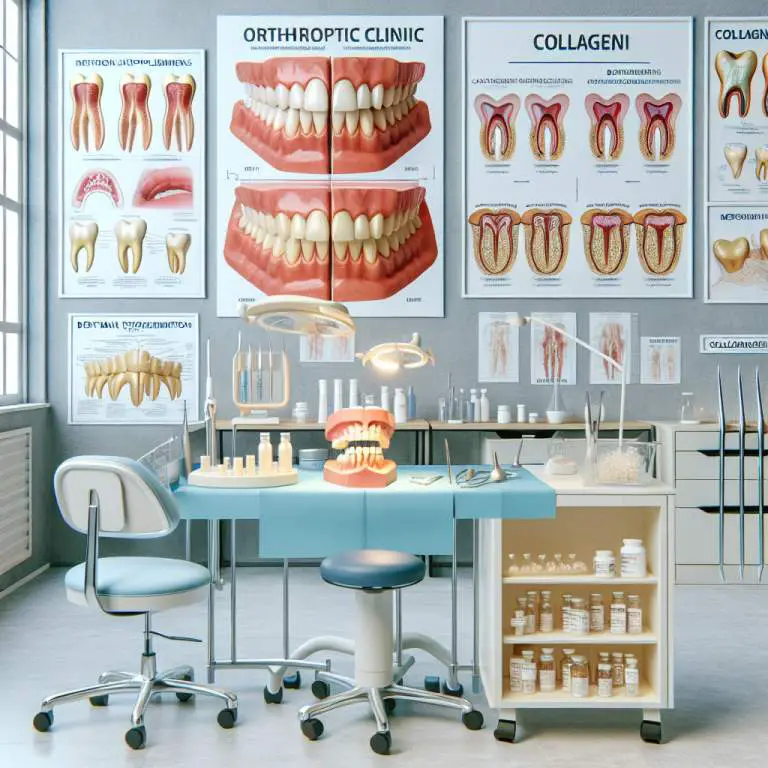What role does magnesium play in the success of mewing?
Magnesium plays a crucial role in the success of mewing by supporting jaw and bone health. This mineral helps in the development and maintenance of bones, which is essential for reshaping the jawline through mewing techniques. Additionally, magnesium aids muscle function and relaxation, potentially making the mewing process more effective by allowing for better control and endurance of facial muscles.

How Does Magnesium Affect Bone Health and Development?
Magnesium is a super important mineral for our bodies, especially when it comes to keeping our bones strong and healthy. It works by helping our body use calcium and vitamin D, which are two other nutrients that are superstars for bone health. Without enough magnesium, our bones might not be as strong as they could be.
This mineral doesn’t just stop at making our bones tough; it also plays a role in growing new bone cells. That’s right, magnesium helps make sure that our bones keep renewing themselves so they can stay strong as we grow older. So, if you want to keep your skeleton sturdy, making sure you have enough magnesium in your diet is key.
What Are the Benefits of Magnesium for Oral Posture and Muscle Function?
Magnesium does more than just work on our bones; it’s also really important for our muscles. This includes the muscles around our mouth and jaw. For good oral posture, these muscles need to be relaxed yet strong enough to hold everything in place without us even thinking about it.
When we have enough magnesium, it helps these muscles work smoothly and stay relaxed but ready for action. This means we can maintain good oral posture more easily, which is great for speaking clearly and even breathing better. So, magnesium is kind of like a secret helper for keeping our mouth and jaw feeling good.
Can Magnesium Supplementation Improve the Results of Mewing?
Mewing is this technique where you position your tongue against the roof of your mouth to help improve facial structure and oral posture. Some people wonder if taking extra magnesium can make mewing work even better. Since magnesium helps with muscle function and bone health, it makes sense that it could help.
By making sure your body has plenty of magnesium, you might find that mewing becomes easier or more effective because your jaw muscles are working better and your bones are getting stronger. However, remember that everyone’s body is different, so what works well for one person might not work the same way for someone else.
How Much Magnesium Should You Take to Support Mewing?
Finding out how much magnesium you should take isn’t a one-size-fits-all answer. It depends on things like how old you are and whether you’re a boy or a girl. Generally speaking, kids aged 6-12 need about 110-240 milligrams per day, while teens and adults need more—around 310-420 milligrams daily.
If you’re thinking about adding more magnesium to support mewing or just for overall health benefits, it’s always a good idea to talk with a doctor first. They can give advice based on what your body specifically needs so you can get the right amount without going overboard.
| Magnesium Benefit | Relation to Mewing |
|---|---|
| Improves Bone Health | Supports jawbone density, potentially enhancing the structural foundation for mewing. |
| Enhances Muscle Function | May improve the strength and endurance of jaw muscles, aiding in more effective mewing practices. |
| Reduces Inflammation | Lower inflammation can lead to less discomfort during mewing exercises, encouraging consistency and practice. |
| Promotes Nervous System Health | A healthier nervous system can enhance neuromuscular coordination, possibly improving mewing technique. |
| Supports Electrolyte Balance | Maintaining electrolyte balance helps in muscle contraction and relaxation, which could benefit mewing practices. |
Are There Any Risks Associated with Taking Magnesium for Mewing?
Taking magnesium supplements can be helpful, but it’s important to know the risks. Too much magnesium can cause problems like stomach upset, nausea, and diarrhea. It’s all about finding the right balance.
People with certain health conditions should be careful. If you have kidney issues, too much magnesium could be harmful. Always talk to a doctor before starting any new supplement, especially if you have health concerns.
What Other Minerals and Vitamins Support the Mewing Process?
Vitamins D and K are also crucial for bone health and can support mewing. Vitamin D helps your body absorb calcium better, while Vitamin K helps bones use that calcium effectively. Both are important for strong bones and muscles.
Zinc is another mineral that supports oral muscle function. It plays a role in cell growth and repair, which can help with the mewing process. Including these vitamins and minerals in your diet can make mewing more effective.
How Can You Incorporate Magnesium into Your Diet for Better Mewing Results?
Eating foods rich in magnesium is a great way to support your mewing practice. Leafy greens like spinach, nuts like almonds and cashews, and seeds such as pumpkin seeds are excellent sources of magnesium.
You can also find magnesium in whole grains and fish like salmon. Adding these foods to your diet not only supports mewing but also contributes to overall health. Remember, a balanced diet is key.
Final Thoughts
Magnesium plays an important role in supporting the mewing process by promoting bone health and muscle function. However, it’s essential to approach supplementation carefully to avoid risks.
Incorporating a balanced mix of vitamins and minerals into your diet can enhance your mewing results safely. Always consider consulting with a healthcare professional before making significant changes to your supplement routine or diet.







